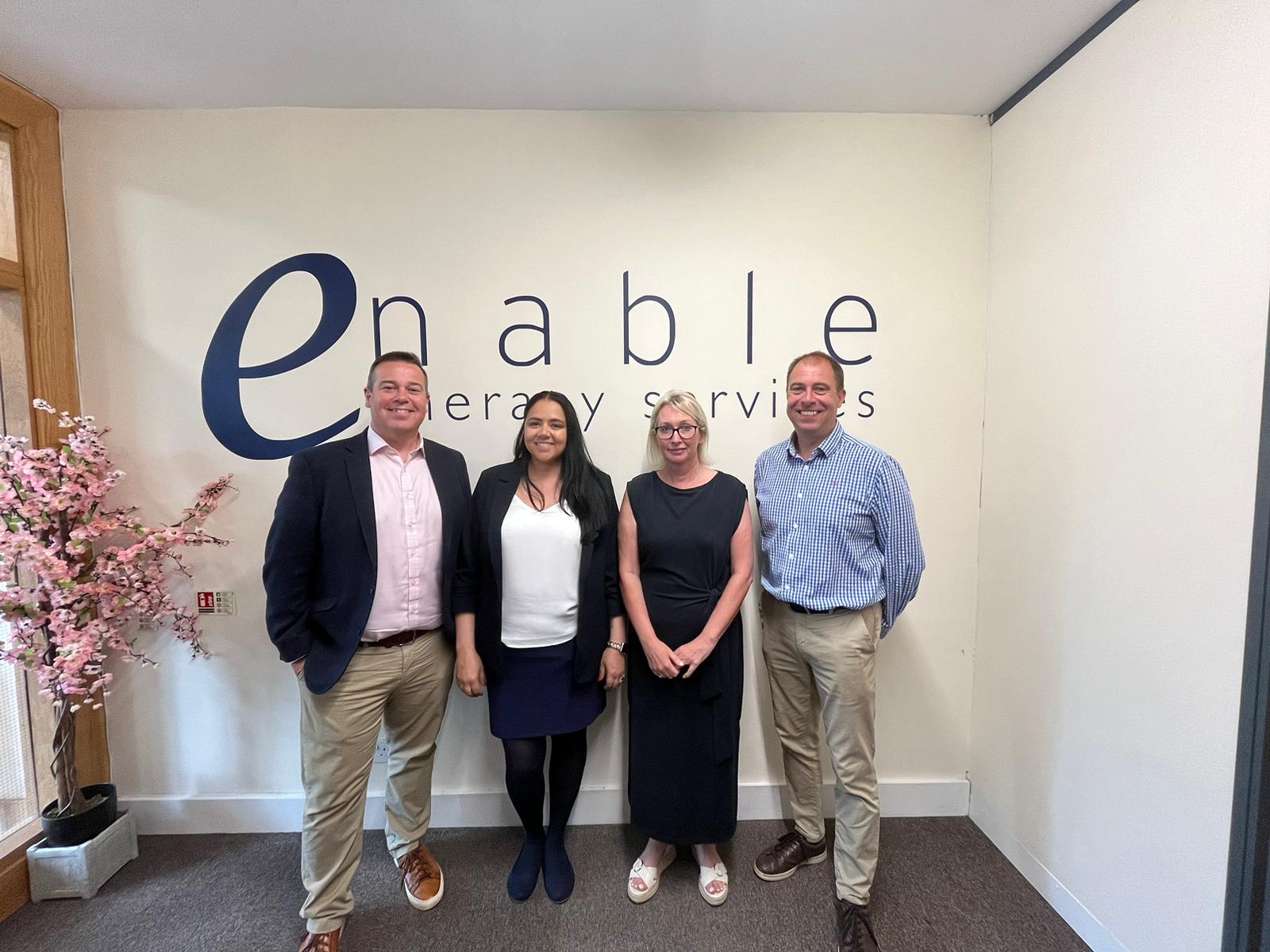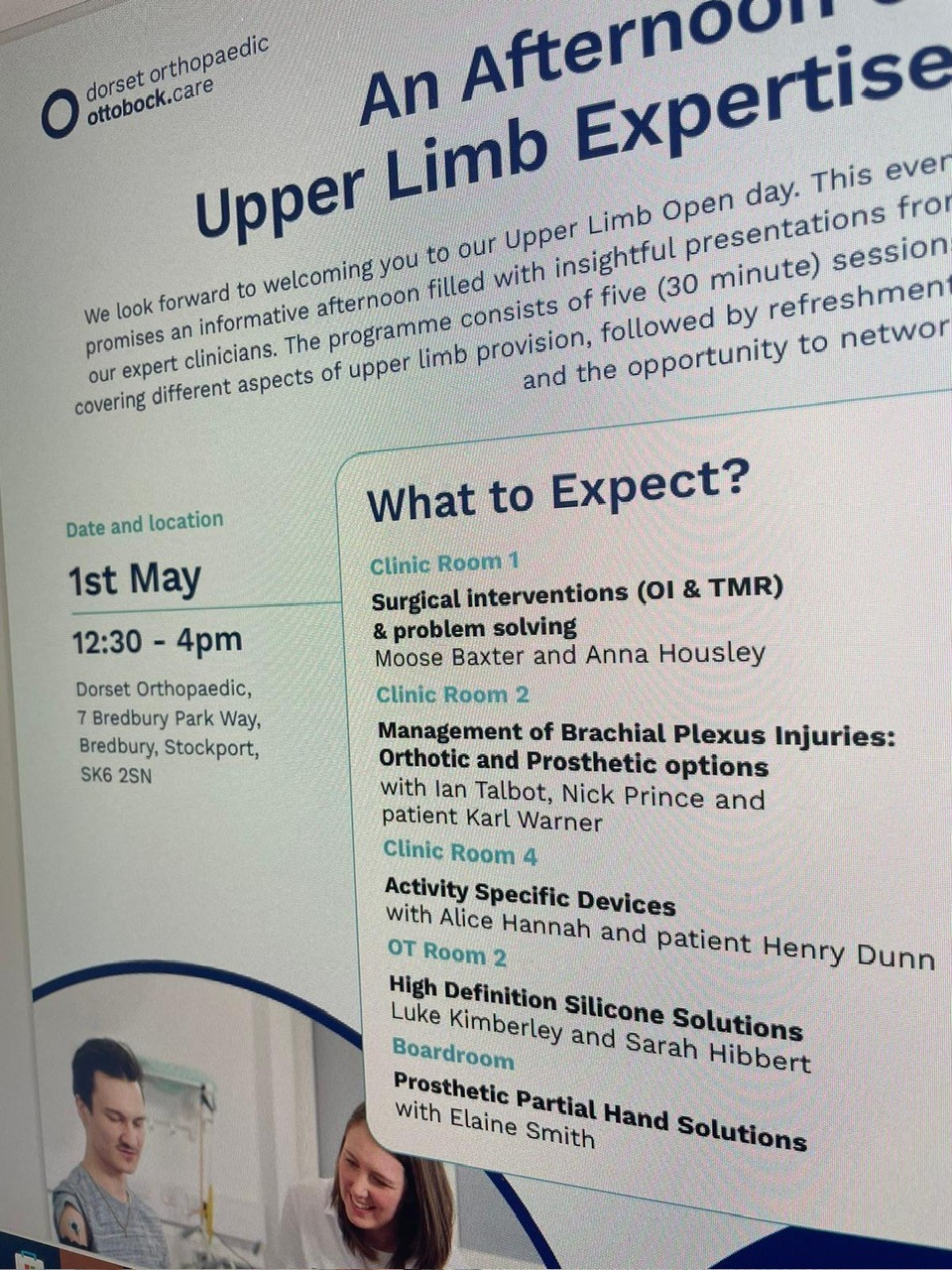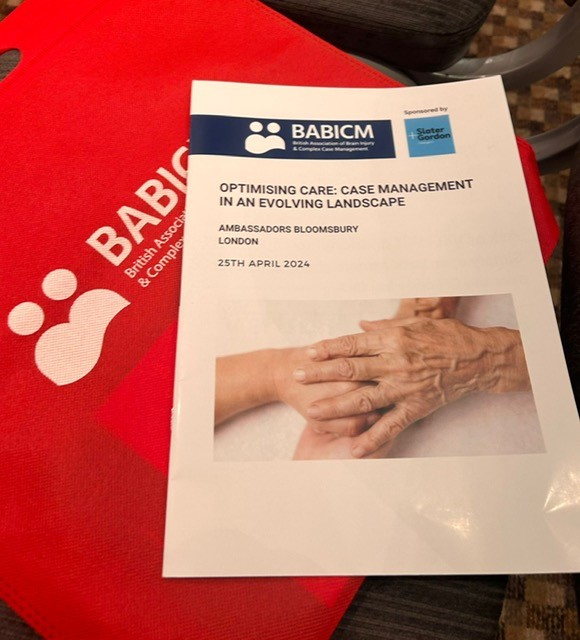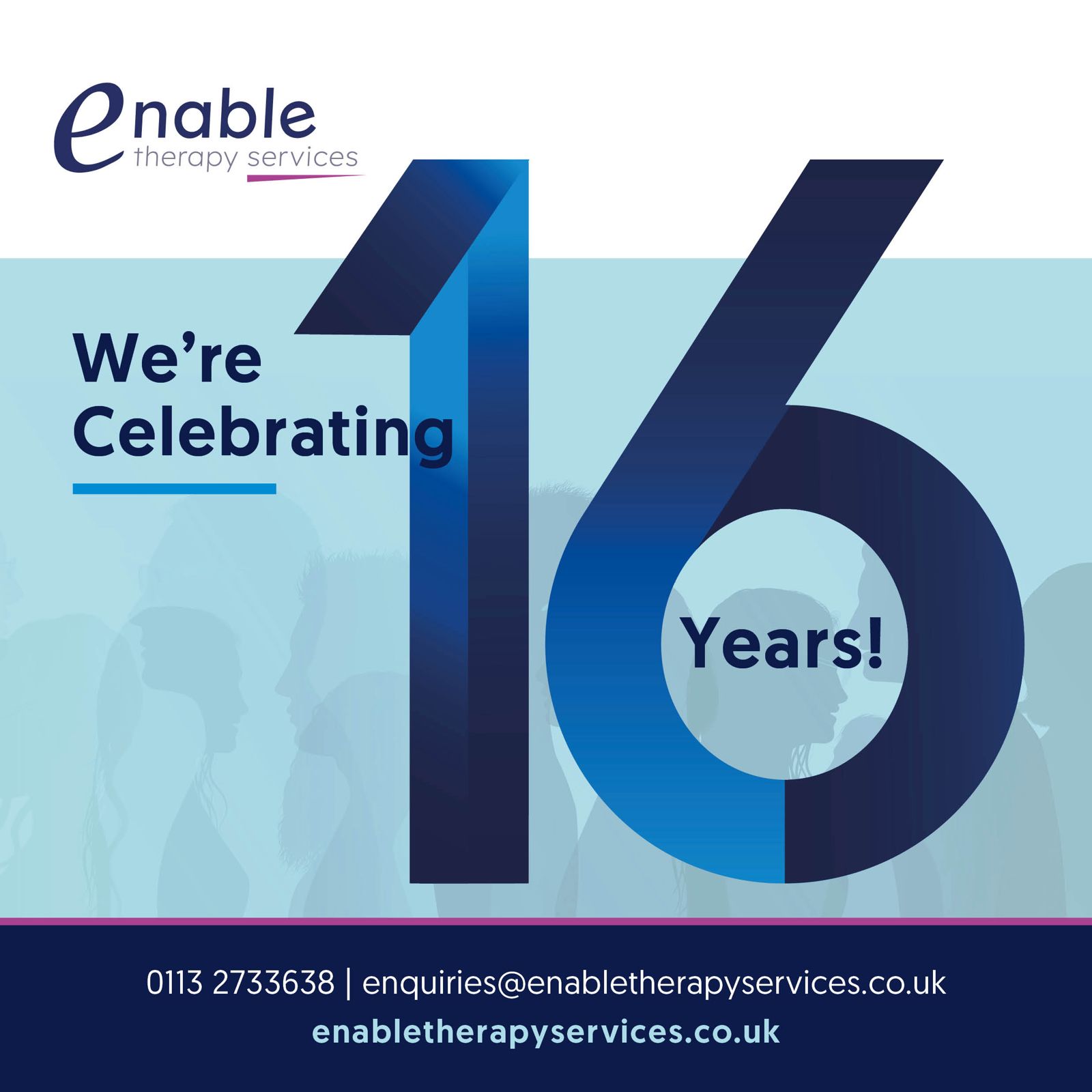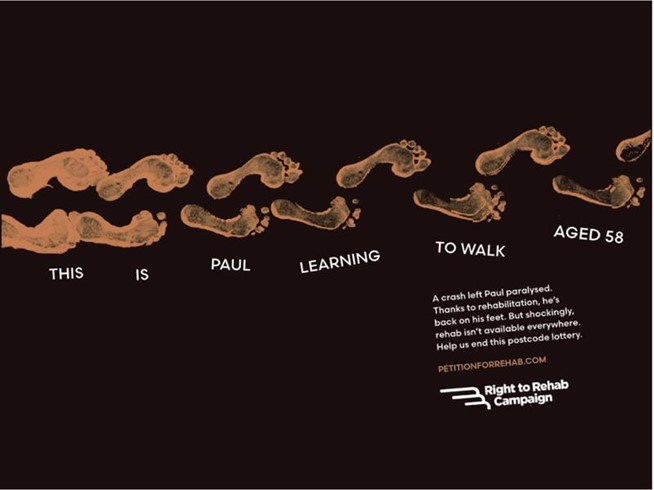Functional Neurological Disorder Rehabilitation (FND)
The Functional Neurological Disorder Assessment is a clinically-led evaluation undertaken by our expert clinical case managers, who provide informed support, reassurance, and clinical insight to liaise effectively with all litigation parties.
Our comprehensive approach will involve, where appropriate, a detailed review of medical history, consultations, investigations, and diagnoses, alongside an exploration of the client’s perception and understanding of their condition and needs. We identify predisposing and perpetuating factors, co-morbidities, and evaluate the level of disability and functional capacity, while also considering broader impacts such as social isolation, employment, and litigation.
Through expert care, our multidisciplinary teams support the client throughout their rehabilitation journey, offering a clear, client-specific understanding of symptom presentation. Working collaboratively with each individual, we devise a tailored rehabilitation plan that is feasible, relevant, and sustainable, with practical recommendations to enhance day-to-day functioning and promote long-term recovery.


Understanding FND
Functional Neurological Disorder (FND) refers to a group of symptoms that appear to be caused by problems in the nervous system but are not due to a structural neurological disease. These symptoms are often described as medically unexplained, psychosomatic or related to somatisation.
Common presentations include:
- Dissociative neurological symptoms
- Functional movement disorders
- Non-epileptic seizures
- Conversion disorder
- Psychogenic seizures or motor symptoms
How Common Is FND?
Functional Neurological Disorder (FND) is the second most common reason for referral to a neurologist, behind headaches. Each year, around 12 new cases are diagnosed per 100,000 people, with women being disproportionately affected, approximately three times more than men. While FND is often associated with the medico-legal industry, it is important to recognise that the condition impacts individuals across a broad spectrum of circumstances.
Our Approach
One of the most significant challenges in treating FND is helping clients understand and accept their diagnosis. At Enable Therapy Services, we emphasise:
- Validating that symptoms are real and not imagined
- Reinforcing that recovery is possible
- Promoting active, structured and informed management
Supporting Recovery
FND can be a confusing and distressing diagnosis. Its complexity and wide range of symptoms make it challenging to manage. However, one of the strongest ways to impact a positive outcome is the client’s acceptance of their diagnosis.
Enable Therapy Services provides consistent messaging and ongoing support to help individuals build confidence in their recovery journey.
Our multidisciplinary team is committed to delivering personalised rehabilitation programmes that empower clients to regain independence and improve their quality of life.
If you would like to learn more about our FND services or discuss a referral, please get in touch.

,

We help your customers get back to what they need to do, and what they want to do.
Our range of services and assessments, detailed below, helps identify and offer solutions to the challenges your customers face on a day-to-day basis.
Immediate Needs Assessment (INA)
An INA is a thorough, holistic and clinically reasoned face-to-face assessment with an individual who has sustained an injury or who is suffering from a medical condition which impacts their ability to complete activities they were able to do prior to the injury or illness.
Telephone Diagnostic Assessment (TDA)
This is a cost-effective assessment that provides an overview of the injuries sustained or illness manifestation detailing medical and treatment intervention, ongoing and unmet rehabilitation needs, the individual’s occupations, and social circumstances.
Post-concussion Screening Assessment
This is a remote assessment for individuals with ongoing, often subtle, symptoms of concussion. The assessment is undertaken by a specialist neurological Occupational Therapist using evidence based screening tools to provide guidance on timely and effective intervention to improve an individual’s functional performance in everyday life.
Occupational Therapy Functional Assessment
This is a face-to-face assessment with the individual, in which all relevant areas of functional performance are assessed e.g. personal and domestic activities of daily living, occupational performance (leisure and social interests) etc.
Cognitive/Fatigue Assessment
This assessment provides objective evidence of cognitive capacity through psychometric tests and self-report questionnaires. These address aspects such as memory, verbal comprehension and fluency, processing speed and logical thinking as well as impact of fatigue and attention/concentration.
Functional Capacity Evaluation
This comprehensive and detailed assessment is applied to determine an individual’s current physical ability to perform work duties, to help them return to a work role, or alternatively, gain new employment.
“I would like to thank you so much for all your time, care, and support over maintaining my rehabilitation of my broken elbow and damaged wrist. You have positively helped me when I was suffering pain and discomfort and enduring trauma for over a year. I want to thank you for arranging on-going hand therapy with the therapist and generally being there for me when I needed extra support. I don't know where I would be without your help.”
Client receiving rehabilitation
Related News
Contact Us
Contact us about Postural and Seating
"*" indicates required fields

